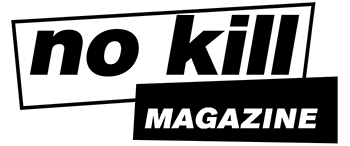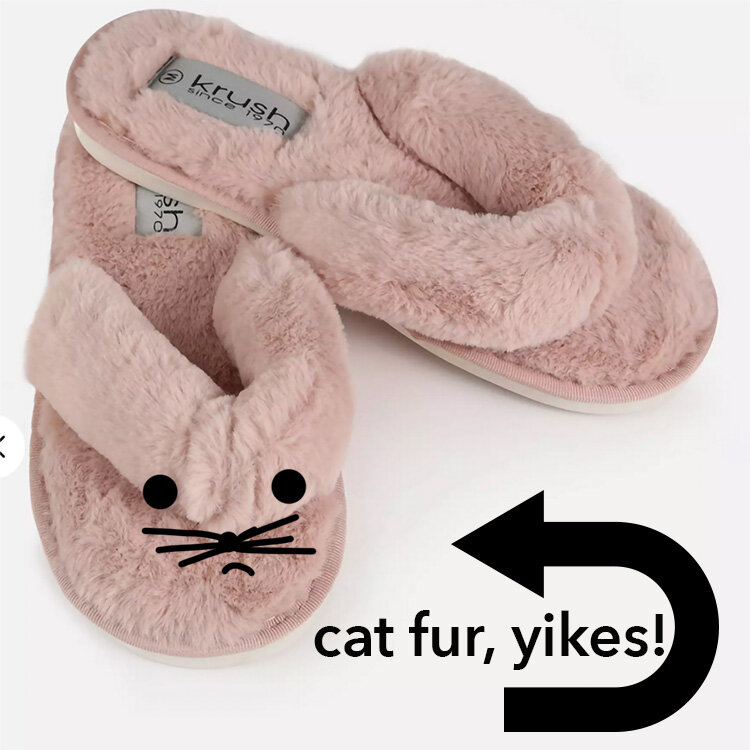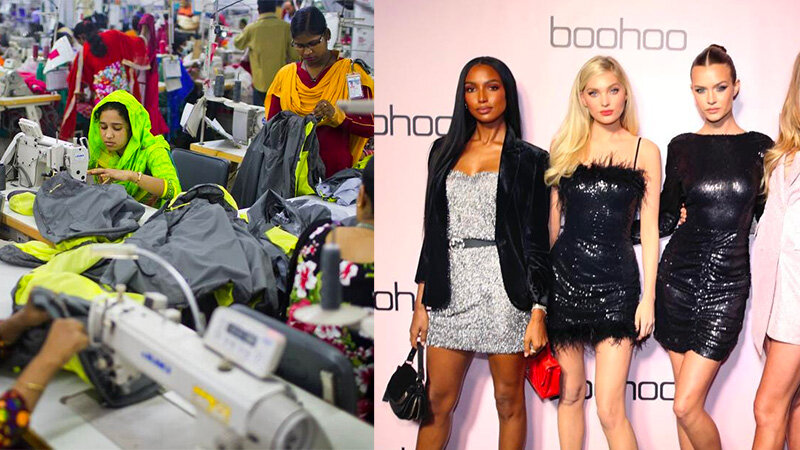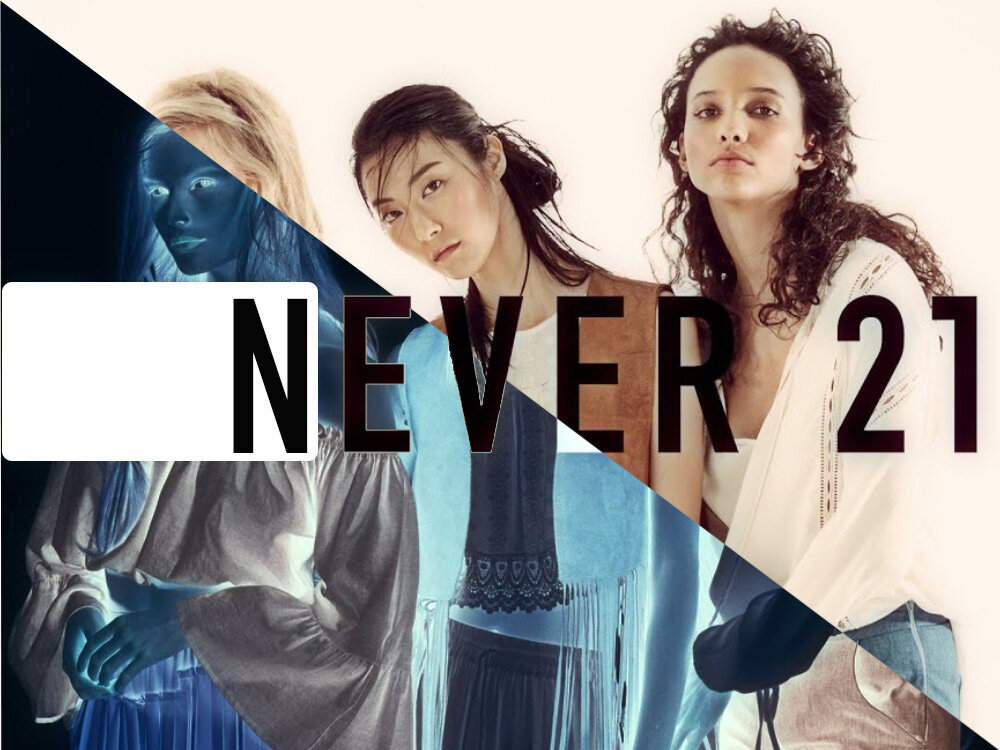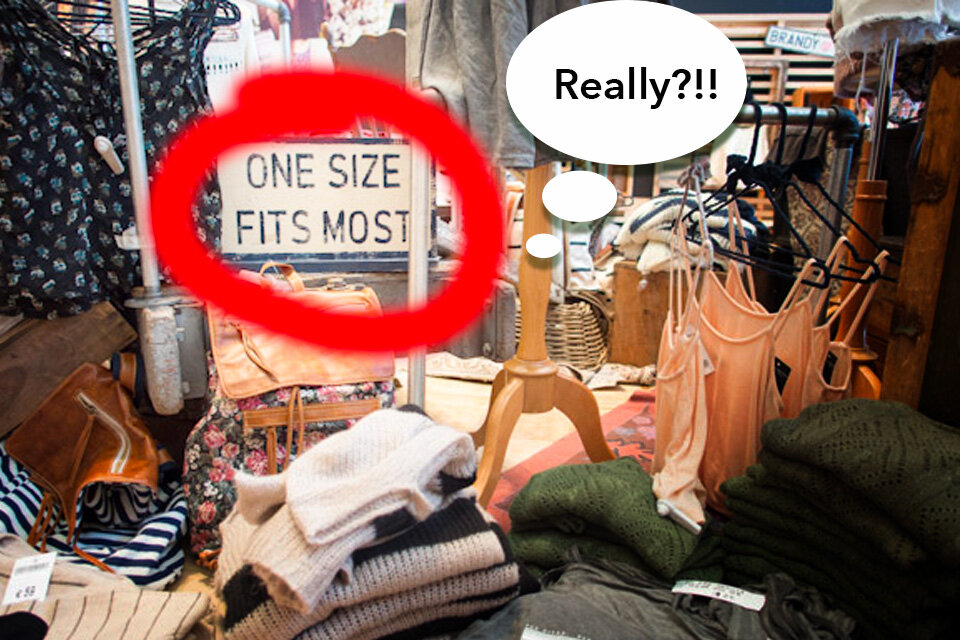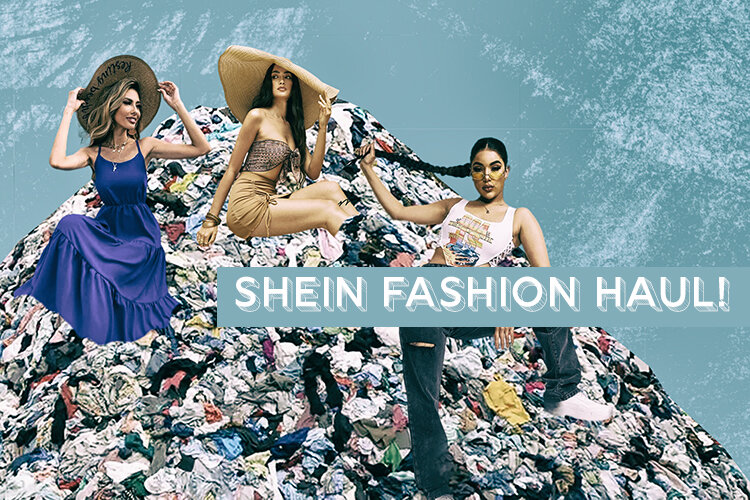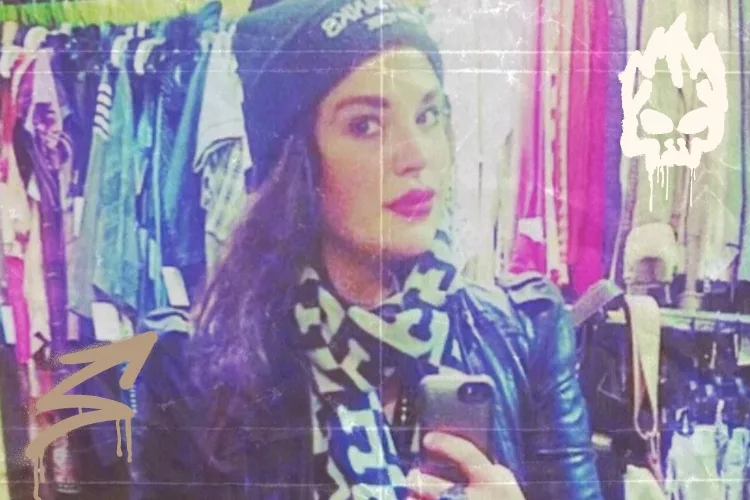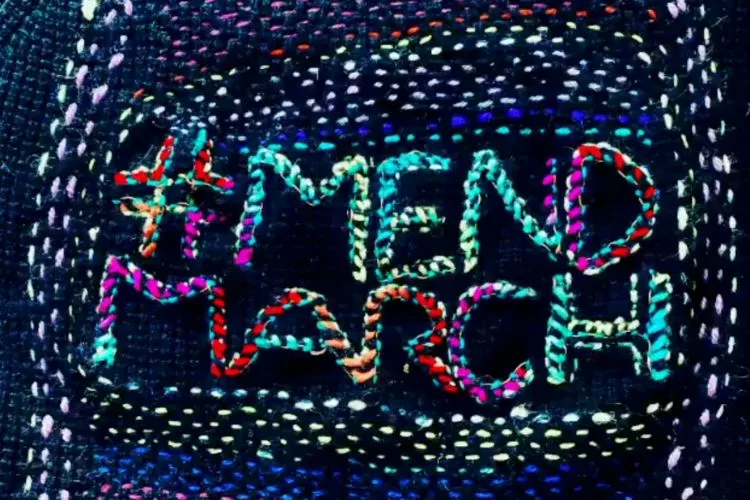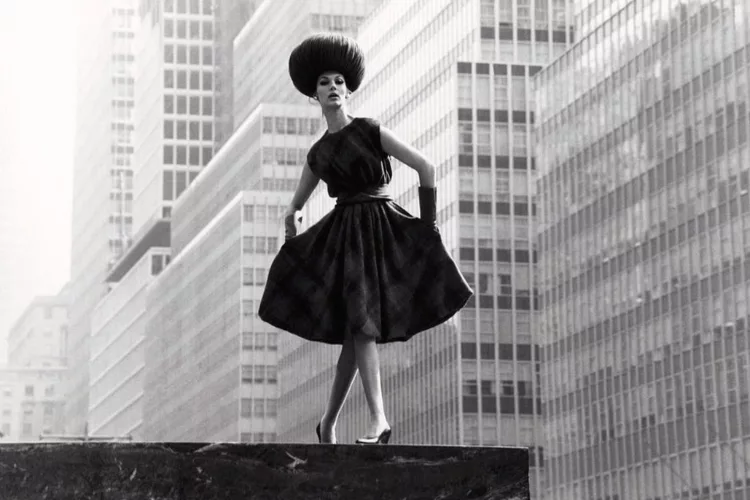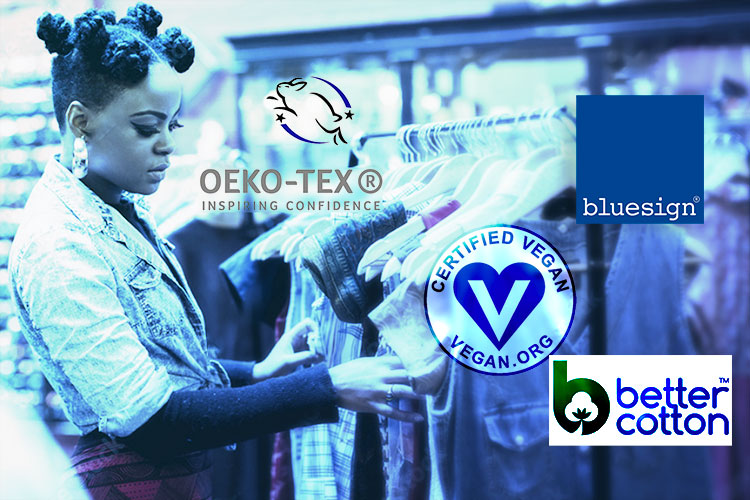Fast fashion was responsible for eight percent of total carbon emissions in 2019, according to the United Nations Environment Program report. The question of whether or not this type of production and consumption is good for the planet is a no-brainer, but the problem is deeper than that. Some fast fashion brands, like H&M, have made small strides to address their sustainability issue. Other brands couldn’t care less about their environmental impact or the people making their clothes. Here’s a list of brands to avoid at all costs –and why!
Missguided
True to its name, Missguided has misled customers into believing the faux fur used in its products does not contain any animal byproducts. However, the company that prides itself on not just being “fast” but “rapid” fashion was exposed for using the real fur of four different animals (cat fur in slippers!) in items marked faux. While not the only brand do to pretend their fur’s not faux, they are one of the worst sustainability offenders out there.
Their faux-faux fur is also produced in British sweatshops by underpaid workers, according to Dispatches, a British investigative program covering current affairs. Though this discovery was made in 2017, there is no evidence to show they’ve cleaned up their act.
Boohoo makes us cry
Another UK-based brand, Boohoo has also been exposed on Dispatches for being one of only four clothing brands to use British sweatshops. In these factories, workers were horribly underpaid and dealt with less than acceptable working conditions. Multiple employees have stepped forward and revealed they were reprimanded for being a minute late, smiling or looking away from their work to check the time. That was before the pandemic. How did they do during lockdowns? Workers worked with little social distancing, no PPE yet sales soared 44%. By all means, avoid this company because if you buy from them, you’re part of the problem.
Forever 21 – should be NEVER 21
Forever 21, one of the oldest fast fashion brands on the list, has been producing poor quality clothing for cheap since 1984. To start, Forever 21 is known for not signing on to campaigns to support fair wages and safe working conditions for employees, like the Bangladesh Accord. The United States Department of Labor reported that their own employees were working in sweatshop-like conditions.
If the way they treat their employees wasn’t enough to turn you away, Forever 21 is also infamous for copying designers’ work and selling it themselves. At least 50 designers, big and independent, have sued the brand for copyright violations. Some of the most well-known being Adidas and Ariana Grande. But perhaps even worse, they regularly steal from small designers too who don’t necessarily have the money to fight back. (though we do know of one small Brooklyn fashion brand who sued them and settled –but we can’t mention their name as part of their legal agreement)
Brandy Melville
Even as Victoria’s Secret is FINALLY being forced to expand their extremely limited and unrealistic idea of beauty, (see below) we still have Brandy Melville holding down the fort for body dysmorphia and other issues. This store is infamous for their “one size” clothing –made to fit a prepubescent girl–and lack of diversity. Many customers have complained about their lack of Black and POC representation. They uphold societal beauty standards of being white, thin and tall through their choice of models and store employees, profiting off their teenage customers’ insecurities.
Besides their lack of diversity and social awareness, Brandy Melville is another brand known for copying other designers. They actively take photos of customers’ and employees’ outfits for “inspiration” then produce a lookalike piece shortly after.
Shein
In the last year, Shein has been made popular by social media influencers on TikTok and Instagram. The brand is known for sending an excess amount of clothing to influencers to produce haul videos, or, even worse, “influencers” spend their own money to make content. These clothing hauls are the epitome of the fast fashion, linear model; poorly made, cheap garments meant for only a few wears before trashing.
Shein has been in the media for producing offensive clothing and accessories. This includes a mat designed to look like an Islamic prayer rug and a swastika necklace. Both have been removed from production after the brand released a social media apology. However, their poor judgement in design isn’t the only reason to avoid them. Their Chinese parent company, Shenzhen Globalegrow E-Commerce Co. Ltd., is infamous for sweatshops and child labor.
Victoria’s Secret
Our friend Ayesha from Remake calling out Victorias Secret on Twitter
Victoria’s Secret is no stranger to scandal and backlash. Over the years, they’ve been exposed for lack of diversity, supporting unrealistic beauty standards and animal testing in China. Lately, they’ve been trying to clean up their act, or at least make it look like they are.
Following the cancellation of their famous Victoria’s Secret Fashion Show, the brand announced they’ll also be discontinuing their wings and Angels, models regularly used in their shows and campaigns. Its new initiative, called the VS Collective, will “give women what they want.” They’ve already enlisted soccer star Megan Rapinoe and actor Priyanka Chopra Jonas. However, they’re coming up short. At the surface, it looks like female empowerment is the guiding force behind this change. In reality, the brand should start by paying its female garment workers fairly.
Also, let’s be honest: the only reason they’re changing their tune is because they were losing money. There are so many authentically body positive and planet friendly options out there that are better to support.
Bottomline: Even if these brands are unethical, you don’t have to be! Pay attention to where you shop and what they represent. If that five dollar swimsuit on your timeline seems too good to be true, it probably is. Look at their campaigns and notice who is and isn’t included. During this time of injustice, do they continue with business as usual? Do they only talk about the state of the planet on Earth Day? If we don’t condone slavery in this country, why is it okay to buy products made from slave labor or in highly exploitative conditions? Your dollars. Your power.
-Maria Fiume
